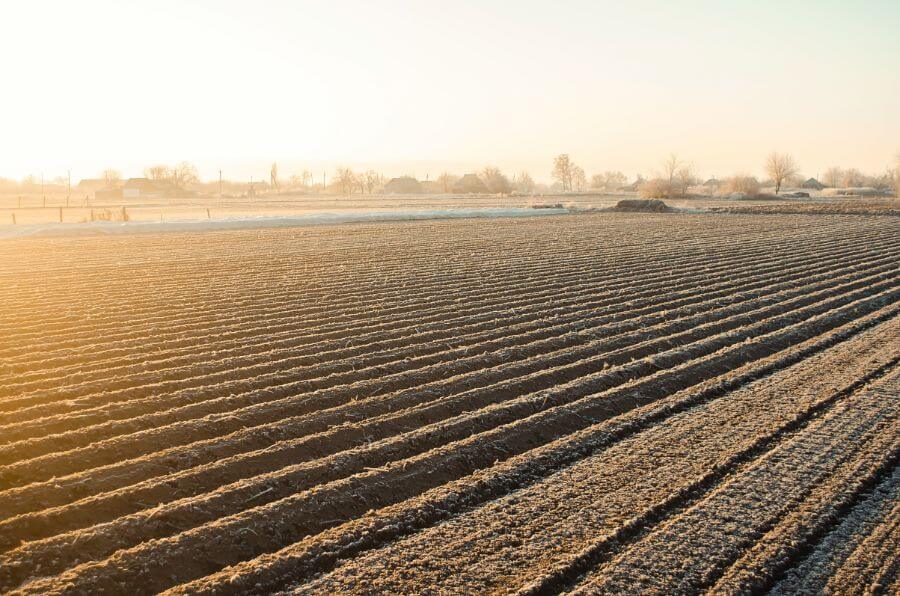
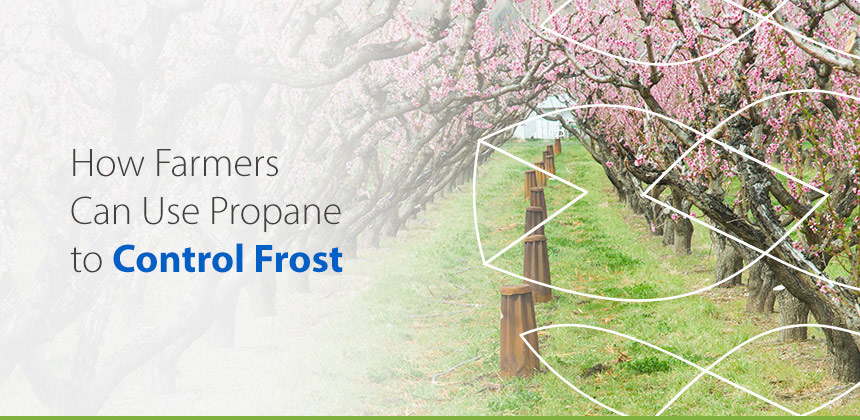
Late spring frost can have a drastic effect on the viability of crops and your income as a farmer.
The good news is that there are ways to prevent frost from damaging your crops. Continue reading to learn more about how temperature drops can harm crops and methods for frost prevention.
Enter your contact details, we’ll guide you to a solution, so you can get back to running your farm!
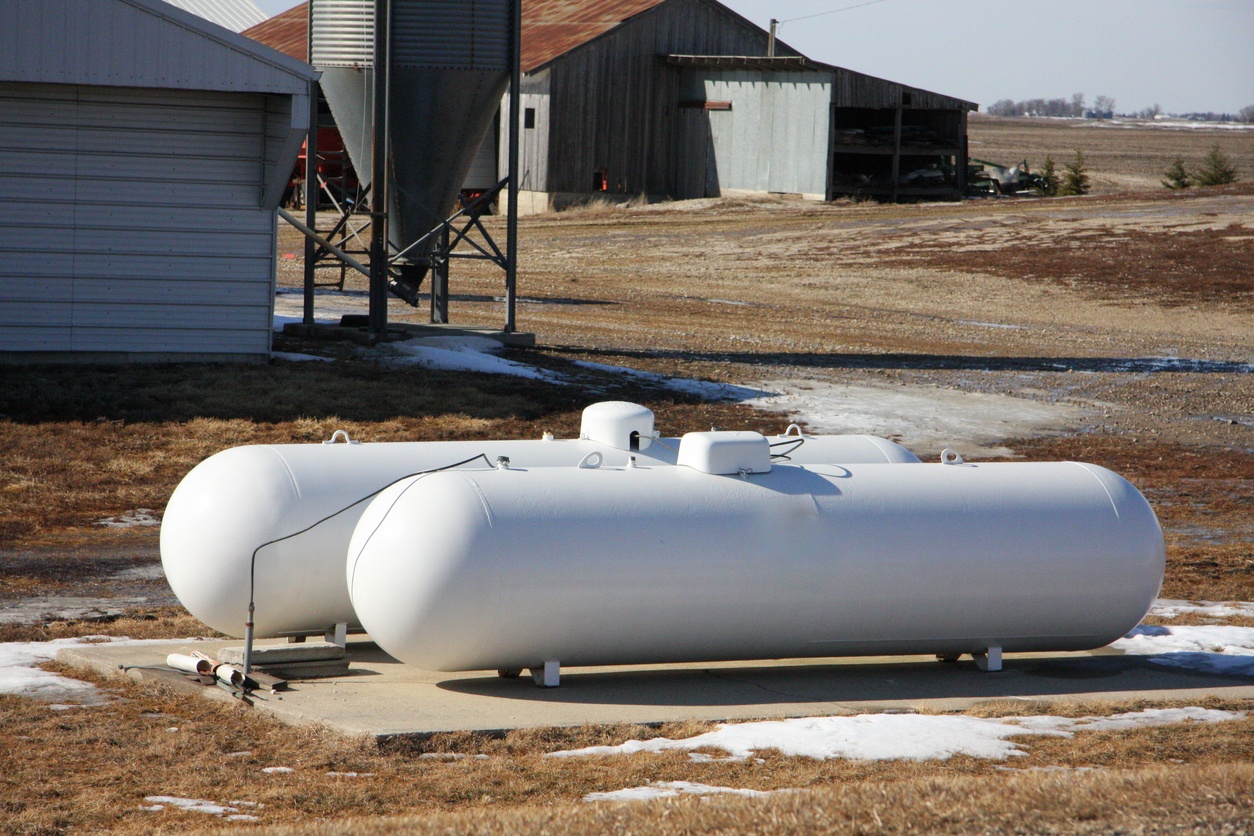
The late spring frost can damage flowers in orchards and reduce the number of viable crops. When the number of crops reduces, there is a significant impact on a farmer’s income.
Damage to crops is based on the critical temperature of the specific fruit or flower. Critical temperature refers to the temperature at which fruits or flowers experience injury or damage after 30 minutes of exposure. Flower or fruit damage can occur at temperatures in the low 20s, depending on the type and stage of development.
In spring, the temperatures can drop and cause frost to form, freezing the water inside plant cells. As the water freezes, it expands and causes cell walls to rupture, damaging fruits and flowers and potentially causing a complete loss for that particular crop. Critical temperature damage varies based on a few factors, including:
There are two main types of frost to consider in your orchard, which are:
Managing frost during temperature drops in the orchard is the best way to prevent the loss of crops, and certain factors can affect how low the temperature will get in your orchard, including:
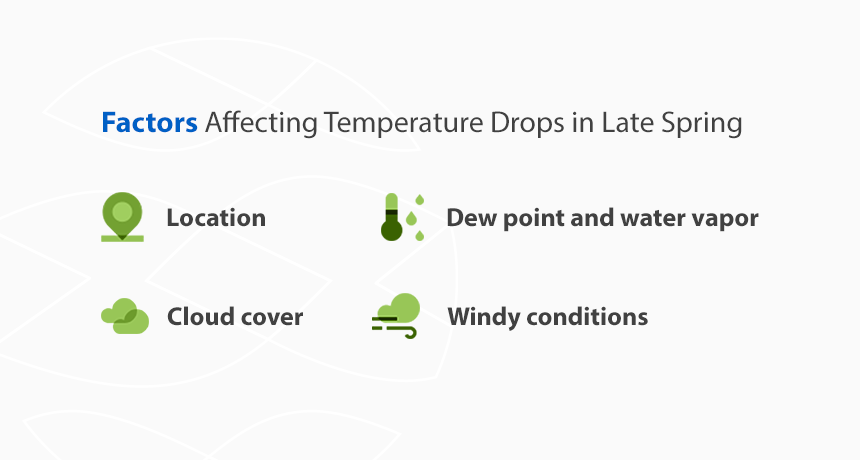
Protecting your orchard from frost damage can help you reduce the number of crops you lose each spring. Utilizing a propane-fueled mobile heater can help protect your crops.
A mobile propane heater is attached to a tractor and provides warm air to the orchard. These heaters are sometimes called a “frost dragon” or “thermablaster.” Towing propane frost machines through the orchard roads can help heat the crops on nights when late spring frost might become an issue.
Propane-powered frost control machines work by pulling down the hot air that rises at night back to the ground. These machines can heat multiple acres, with a single machine equipped to heat 5 to 6 acres and protect crops from frost damage in temperatures as low as 23 degrees.
There are many benefits of using portable frost control in your orchard, including:
Enter your contact details, we’ll guide you to a solution, so you can get back to running your farm!
Using propane to control frost in your orchards has many benefits and can keep your crops healthy, even when the temperature drops at night in the late spring. At Shipley Energy, we can help you set up a propane system that works for you. We offer multiple propane services, including fuel tank storage, on-site fuel deliveries, and a regular wholesale fuel supply schedule.
We have a long tradition of dependable service and expert advisors who can assist you with your needs. Contact our commercial team today to learn more about our propane services and how we can help keep frost at bay.

I wanted to let you know that Shipley did fantastic this season. As we wrap up our season THIS weekend (yay!!) I can’t explain to you how nice it was not to worry about propane. So much time was saved on my part not having to check tanks prior to a weekend, and Saturday night to make sure we’d m...
Read moreI wanted to let you know that Shipley did fantastic this season. As we wrap up our season THIS weekend (yay!!) I can’t explain to you how nice it was not to worry about propane. So much time was saved on my part not having to check tanks prior to a weekend, and Saturday night to make sure we’d make it through Sunday. What a relief. Thanks again!
Read less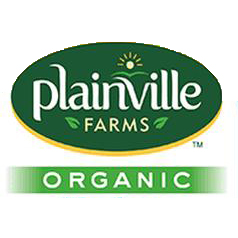
Reliable propane supply is essential for us to be able to provide a comfortable and healthy environment for our turkeys. With Shipley prompt delivery and service is always just a call away with the ability to talk to a real person and not just a answering service. ...
Read moreReliable propane supply is essential for us to be able to provide a comfortable and healthy environment for our turkeys. With Shipley prompt delivery and service is always just a call away with the ability to talk to a real person and not just a answering service. The remote tank monitoring with automatic delivery is a easy way to ensure you never run out of propane. Shipley is the only propane supplier that I recommend to my turkey growers.
Read less